This is the third consecutive event organised under the auspices of the Disintegration and Integration in East-Central Europe (DIECE) Conference Series, a concept which was successfully launched in 2012 within the framework of the Jean Monnet Action. The event will be hosted by the Institute for Cultural Diplomacy of Berlin, on 14-15 April 2016. The 2016 edition is placed under the official patronage of Mr Klaus Johannis, the President of Romania.
The academic and scientific results will be disseminated and validated by means of a volume published by Nomos Publishing House. The reviewed papers presented by PhD participants will be published in the international indexed Online Journal Modelling the New Europe of the Faculty of European Studies – CEEOL, EBSCO, DOAJ, etc. The envisaged target groups include academics, researchers, PhD students, but also the civil society, local authorities, and the general public. The project’s on-line repository of the most important publications regarding the integration idea, the development and future of the European Union: The Road to Reconciliation and Partnership in Central and Eastern Europe will make sure the visibility of the scientific results of the project extends to a much wider target group
The two previous DIECE conferences have attracted interest and appreciation. Apart from the top-level expertise developed, our participants have had the opportunity to make contacts with specialists from various academic institutions, from both inside and outside the EU’s borders. This has stimulated a wide range of partnership prospects which took further shape and laid the bases for the development of joint research projects. Hence, in 2016, we seek to strengthen our past efforts and provide participants both with novel expertise, partnership opportunities and excellent speakers. What kind of opportunities does this conference offer? Two days of sharing cutting-edge research results, excellent networking opportunities, possibilities to create links for future cooperation in the academic field (preparing potential research projects, participation in upcoming events, establishing common publishing goals).
The purpose of this conference is to provide a proper context for dialogue, joint knowledge and a better understanding of the current European milieu, in the light of the lengthy process of historical reconciliation. Since becoming members of the EU, the Central and Eastern European countries (CEECs) have experienced an ongoing process of adaptation which, in turn, has brought about different ways of envisaging mutual relations. This can be seen as a general effort to reduce recurrent tensions stemming from complicated files. Thus, the conference seeks to bring additional insights into the EU’s role as a model for enhancing international relations, with the heritage of its peace-oriented beginnings.
A transversal aim of the conference is to raise awareness, within both the academic community and a wider range of stakeholders, about the contribution of CEE to the intricate process of European Integration throughout well-delimited periods of time, namely the interwar years, the communist era and the transition decades. The choice of this timeframe is consistent with the priorities of the participants and their respective Universities in research and teaching and it is meant to answer the needs of a large number of young researchers for a wide-ranging exchange of information on this subject. Hence, the first objective is that of assembling a considerable number of prominent scholars in the abovementioned area, as well as PhD students, by means of an international conference benefitting from excellent academic visibility. This endeavour is conceived in such a way as to provide a vivid scientific debate on the contribution of CEE to the shaping of European Integration with new impetus, so as to open up new interdisciplinary directions in research and to shed light on newly-available primary sources and theories. Moreover, to enhance the extent to which all participants will contribute to the end results, the conference is conceived in a way that promotes the active involvement of young researchers, based on their study priorities.
The conference will comprise lectures delivered by international academic experts and presentations of participants’ recent research. They will be encouraged to take the floor with speakers and challenge them with their own views and reflections on the topic.
The open access of all participants and their institutions to the enrichment of the repository, further publications and exchanges will have a strong impact on the information flow generated by means of this project. It is to be emphasised that the conference will benefit from large visibility within Babeș-Bolyai University, the University of Strasbourg, the Institute for Cultural Diplomacy and the EU Liaison Committee of Historians – which ensures the participation of numerous academics, students and external partners. They will expand the impact of the event, as carriers of newly-acquired information. The same outcome is expected from the repository and electronic version of the publications, which will become essential tools in the study of historical and geopolitical confluences of the models of reconciliation in Eastern and Central EU integration.
Languages of the conference: English and French
Conference panels:
- 1989: The End of Europe’s Division. A New Europe through Integration / 1989 : La fin de la division en Europe. Une nouvelle Europe par l’intégration
- Challenges to European Reconciliation: National Populism in Eastern and Central Europe / Provocations de la réconciliation européenne : le populisme national en Europe centrale et orientale
- Communities and Borders in Eastern European Euro-region / Communautés et frontières dans l’Euro-région est-européenne
- Franco-German Reconciliation, a Model / La réconciliation franco-allemande, un modèle
- Governance and National (Re)Constructions at the Borders of Europe / Gouvernace et (re)constructions nationales aux frontières de l’Europe
- Teaching National History without Hard Feelings? / Enseigner l’histoire nationale sans ressentiments?
- PhD Students’ Panel / Panel pour les doctorants
Scientific Committee:
- Dr. Nicolae PĂUN, Dean of the Faculty of European Studies, Babeş-Bolyai University Cluj-Napoca
- Dr. Sylvain SCHIRMANN, Institut d’études politiques de Strasbourg
- Dr. Antonio VARSORI, University of Padua, Chair of the EU Liaison Committee of Historians
- em. Dr. Marie-Thérèse BITSCH, Université de Strasbourg
- em. Dr. Dr. h. c. Gérard BOSSUAT, Université de Cergy-Pontoise
- Dr. Dr. h.c. Wilfried LOTH, University of Duisburg-Essen
- Dr. Dr. h. c. Reinhard MEYERS, Westfalian University of Münster
Organisation Committee:
- PAPP Eva: eva.papp@euro.ubbcluj.ro
- Dr. Paula MUREȘAN: muresanap@yahoo.com
- Dr. Adrian CORPĂDEAN: adi_corpadean@yahoo.com
Conference fee:
No fees apply to this international conference.
Submission of abstracts:
Abstracts (120-150 words, in English or French) shall be submitted before the 1st of March 2016, to any member of the Organisation Committee.
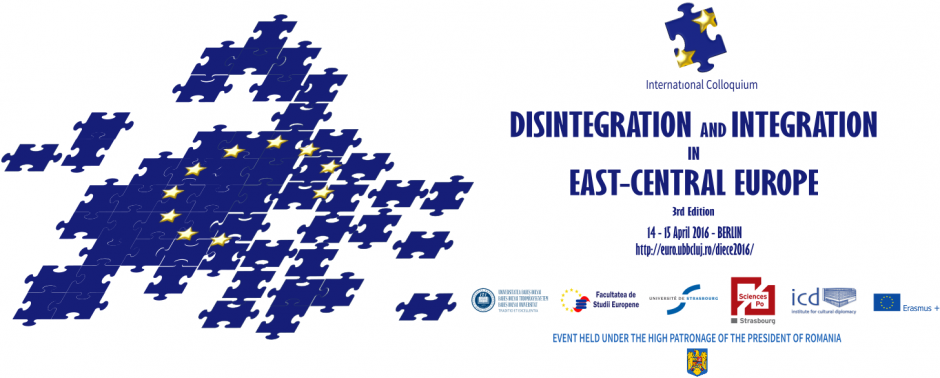
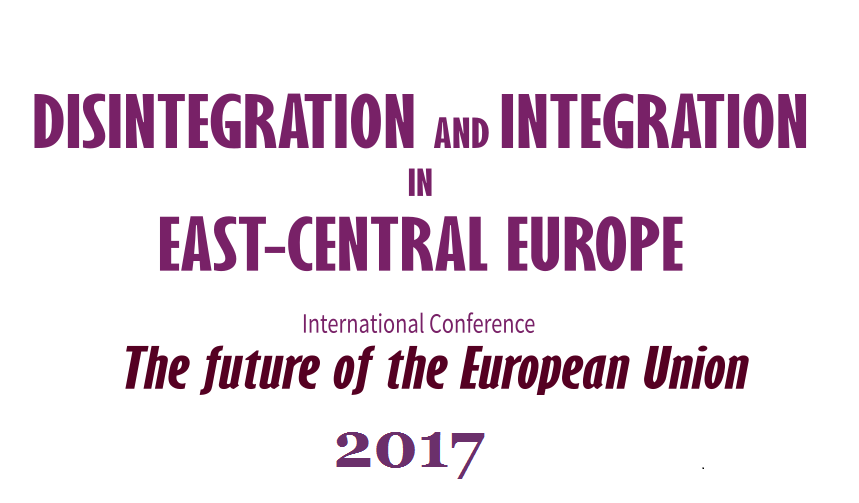
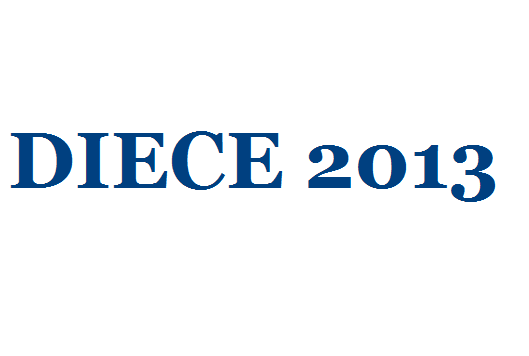
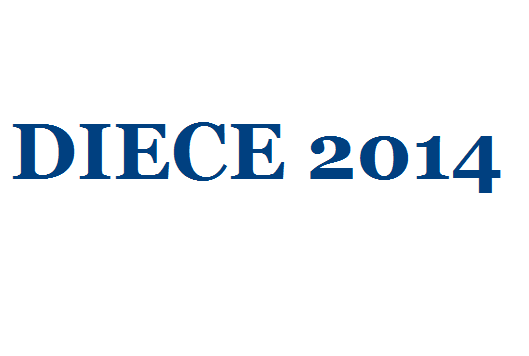
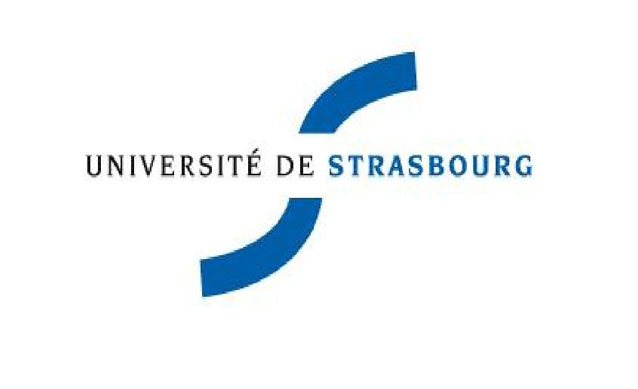

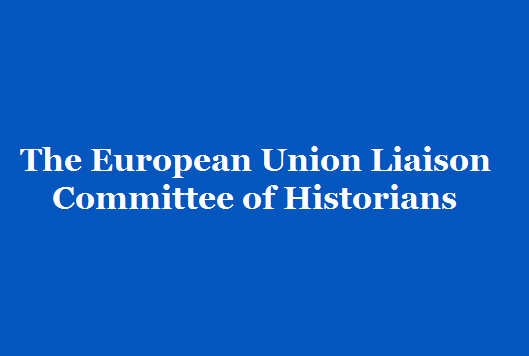

Pingback: DIECE | Facultatea de Studii Europene